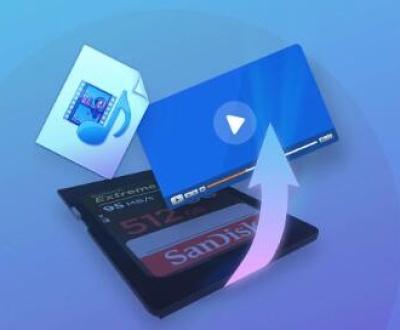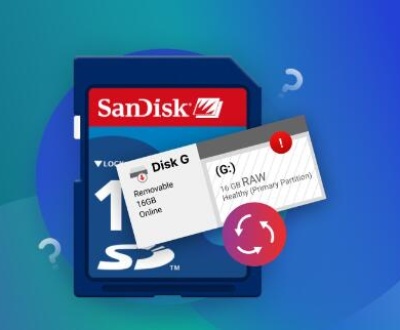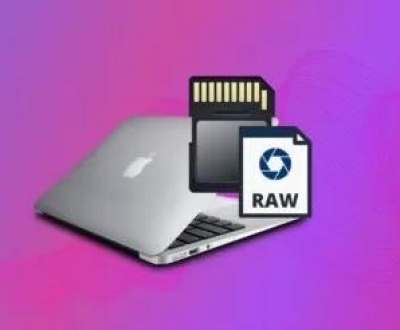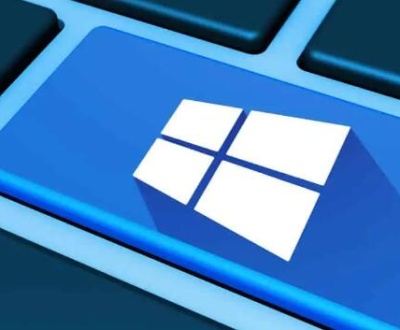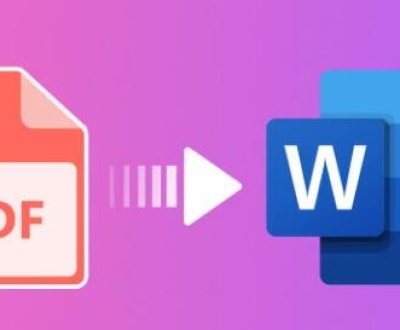Recovering data from a damaged hard disk for free can be a challenging but possible task.
I. Hard Disk Damage
Types of Damage
Physical Damage
This includes problems like a dropped hard disk, which can cause the read – write heads to crash into the platters. In such cases, you might hear clicking or grinding noises. Another form of physical damage is water or fire damage. For example, if a laptop with a hard disk is exposed to water, the internal components of the hard disk can short – circuit.
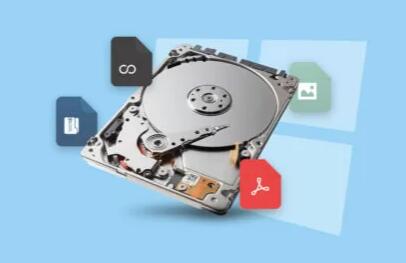
Logical Damage
Logical damage often occurs due to software issues such as virus infections, improper shutdowns, or file system corruption. For instance, a sudden power outage while the hard disk is writing data can lead to a corrupted file system. The most common file systems for hard disks are NTFS (used in Windows) and ext4 (used in many Linux distributions). Corruption in these file systems can result in lost or inaccessible data.
Assessing the Damage
Before attempting any data recovery, it’s crucial to assess the extent of the damage. If it’s a physical damage situation with obvious mechanical problems, the chances of successful recovery might be lower and may require more specialized tools or professional help. However, if it’s a case of logical damage, there are more DIY – friendly options available.
You can use diagnostic software provided by the hard disk manufacturer. For example, Western Digital has its Data Lifeguard Diagnostic tool. It can perform tests such as a quick test to check for basic functionality and an extended test to scan the entire hard disk for bad sectors and other issues.
II. Free Data Recovery Methods for Logical Damage
Panda Assistant is a powerful data recovery software designed to help users recover lost, deleted, or corrupted files from various storage devices, such as hard drives, SSDs, USB flash drives, and SD cards. Whether you’ve accidentally deleted files, experienced a system crash, or dealt with file corruption, Panda Assistant offers a straightforward, user-friendly solution to restore important data.
With its intuitive interface, Panda Assistant simplifies the recovery process, making it accessible to both beginners and professionals. The software employs advanced scanning algorithms that can locate and recover files from deep within the storage device, even if they have been partially overwritten or damaged. It supports a wide array of file types, including documents, photos, videos, and emails, ensuring that users can recover virtually any file they need.
III. Precautions and Best Practices
Stop Using the Damaged Disk Immediately
If you suspect that your hard disk is damaged, the first thing you should do is stop using it as much as possible. Every time you access the disk, there is a risk of overwriting the data that you want to recover. For example, if new data is written to a sector that contains lost data, the chances of recovering that lost data are greatly reduced.
Backup Your Recovered Data
Once you have successfully recovered some data, it’s essential to back it up immediately. You can use an external hard disk, a cloud storage service, or a network – attached storage (NAS) device. For example, services like Google Drive, Dropbox, or OneDrive offer cloud storage options where you can upload and store your recovered data securely.
Understand the Limitations of Free Tools
Free data recovery tools have their limitations. They may not be able to recover data from severely physically damaged disks. Also, the success rate of data recovery can vary depending on the type and extent of the damage. For more complex cases, such as a hard disk with extensive bad sectors or a crashed read – write head, it might be necessary to consider professional data recovery services, which can be quite expensive.
About us and this blog
Panda Assistant is built on the latest data recovery algorithms, ensuring that no file is too damaged, too lost, or too corrupted to be recovered.
Request a free quote
We believe that data recovery shouldn’t be a daunting task. That’s why we’ve designed Panda Assistant to be as easy to use as it is powerful. With a few clicks, you can initiate a scan, preview recoverable files, and restore your data all within a matter of minutes.
Subscribe to our newsletter!
More from our blog
See all postsRecent Posts
- Retrieve deleted videos from sd card 2025-04-25
- How to retrieve damaged sd card? 2025-04-25
- Retrieve photos from sd card 2025-04-25

 Try lt Free
Try lt Free Recovery success rate of up to
Recovery success rate of up to

